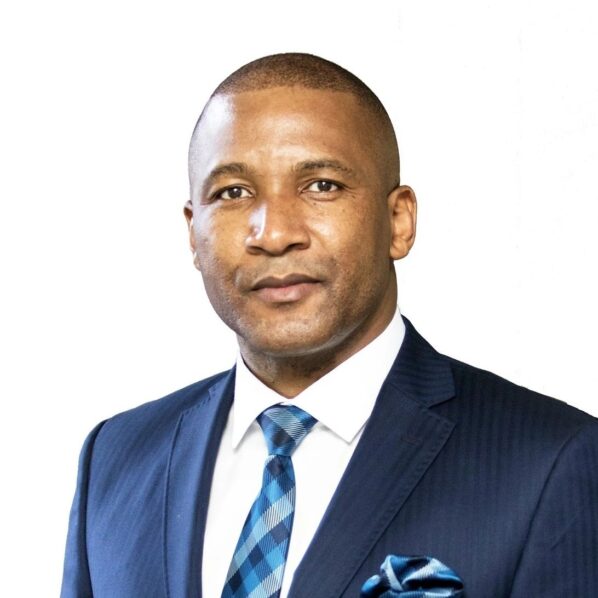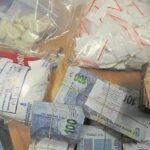Botswana’s President Duma Boko has issued a stark warning about the country’s continued dependence on diamond revenues, calling it “unsustainable” and a looming “social time bomb” that must be urgently addressed. Speaking at a strategic cabinet workshop focused on the Botswana Economic Transformation Programme (BETP), Boko emphasised that Botswana’s economic future hinges on diversification away from its decades-long reliance on diamonds, which currently account for nearly 70% of export revenue and a large portion of GDP.
This heavy dependence on the diamond industry, primarily driven by Debswana a joint venture between the government and global diamond giant De Beers, has created structural vulnerabilities that are now coming to a head. With the global diamond market in decline, due to growing demand for lab-grown diamonds and economic uncertainty in key markets, Botswana has been hit hard. In May, Debswana announced it would cut 1,000 jobs, and the national unemployment rate soared to 27.6% in early 2024, with youth bearing the brunt.
Boko stated that unless immediate action is taken, the growing unemployment crisis and lack of opportunities could spiral into a broader social crisis. “The limitations of this reliance are increasingly unbearable,” he said. “If left unaddressed, there is a real risk of the situation becoming not just an economic challenge but a social time bomb.”
The Botswana Economic Transformation Programme aims to chart a new path forward by investing in key non-mining sectors such as agriculture, tourism, manufacturing, and digital services. The programme emphasises inclusive growth, innovation, and measurable impact, ensuring that projects are evaluated not just for profitability, but also for their potential to generate employment and align with national development priorities.
Deputy President and Finance Minister Ndaba Gaolathe described the BETP as a “data-driven roadmap” that invites participation from all sectors of society, including cooperatives, SMEs, and informal traders. He stressed that each proposed project will be assessed based on its return on investment, job creation potential, and alignment with Botswana’s long-term development goals.
Botswana’s economic diversification efforts come at a critical time. In April, the International Monetary Fund projected a 0.4% contraction in GDP for 2025, largely due to declining diamond revenues and sluggish private sector activity. This has added urgency to the government’s push to transform the economy from being resource-dependent to one driven by innovation, enterprise, and inclusivity.
As Botswana seeks to build a more resilient and diversified economy, President Boko urged government leaders to become “proactive agents of change” and to adopt a new governance model based on transparency, accountability, and bold reforms. The future of Botswana’s youth, economy, and social stability, he said, depends on how swiftly and effectively the country can shift its economic model.












Leave a comment